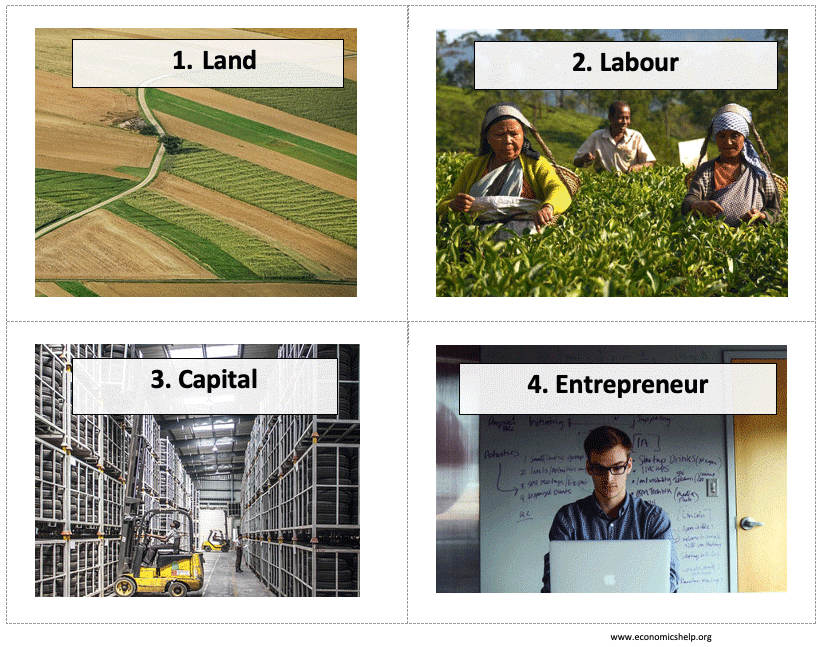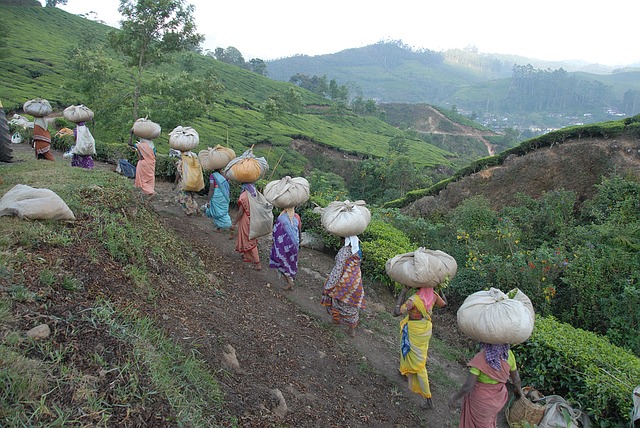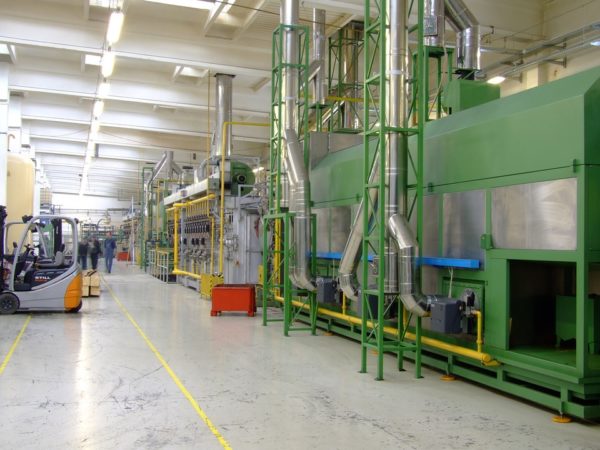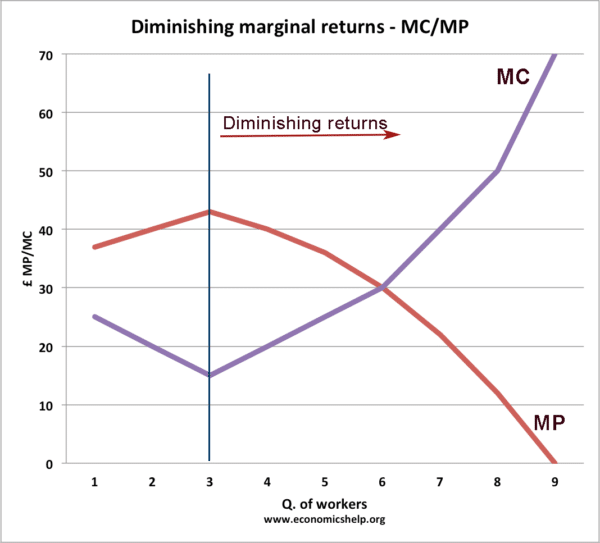Factors of production refer to the different elements that are used in producing goods and services.
Factors of production are inputs into the productive process.
The four main factors of production are:

- Land – this is raw materials available from mining, fishing, agriculture
- Capital – This is a manufactured item used to aid production, for example, machines, factories and computers
- Labour – Human workers who are involved in producing the good.
- Entrepreneur – the individual or business who take the initiative to set up a business and employ different factors of production (labour, capital and entrepreneur)
Other potential factors of production
- Knowledge – human capital – the skills and ability of workers. For example, a doctor who spent 15 years studying medicine is more productive than non-skilled workers.
- State of technology – some schools of economics consider the state of technological development to be a factor of production. It will influence the effectiveness of capital investment.
- Social capital – the coherence of society. Is there trust and working legal systems which enable entrepreneurs to have greater faith in setting up a business
- Cultural heritage – if there is a strong tradition of investment and business, it is easier to replicate past business models.
Examples of factors of production
Land – raw materials
- Oil
- Coal
- Fish
- Agricultural produce – fruit, vegetables, meat
- Commercial real estate – land to build factories
Labour (human resources)
- Workers – full time, part-time, temporary, permanent
- Management
Capital (man-made resources)
- Machines
- Tractors, spades
- Computers, Phone
- Office block
- Factory, Assembly line
- Public infrastructure – communication and roads needed to transport goods across the country.
Entrepreneurs (individuals who bring factors of production together
- Self-employed
- People who start up businesses – Anita Roddick, Bill Gates, Richard Branson
- Finance – Entrepreneurs needs access to money – either savings or loans from banks to get started.
Combination of factors of production

Tea
- Entrepreneur purchases land to grow tea plants. In this industry land is an important factor – it needs to have the right climate and soil to grow the tea.
- The company then need to employ workers to look after tea and at harvest time pick the tea leaves.
- The entrepreneur (farmer) will also need to invest in some capital – farming tools, baskets and vehicle to deliver the crop to the market.
- This is a relatively labour intensive industry because labour costs will incur a high % of total production costs.
Processed food

- The entrepreneur will need land for a factory.
- They will need to invest significantly in sufficient capital – machines and tools to mix the raw ingredients into the finished food product. For mass production, they will need to build a large factory to benefit from economies of scale.
- With a large factory, the firm will then need to employ skilled labour to work and operate the machinery.
- The industry is relatively complex and will require a degree of specialisation – with workers concentrating on a range of tasks from technological innovation to marketing and design.
- This industry will be relatively capital intensive. (Capital is a high % of total costs)
New Tech industries
- In new high tech industries such as software development. The most important factor is human capital – the experience, education and skills of the workers.
- There is scope for the individual or small team to set up a business to focus on a small aspect of developing new software. This industry may not need any land – the entrepreneur could work from home or an internet cafe.
Diminishing returns and factors of production
In a simple model of economics, we can assume there are two main types of factors of production for a firm – labour and capital.
If we employ more labour with a fixed stock of capital, there will come a point where we experience diminishing returns. If you employ a 4th worker, the marginal product (the extra output) is lower than the 3rd worker. If we employ the 9th worker, output doesn’t increase at all – MP is zero.
Related

